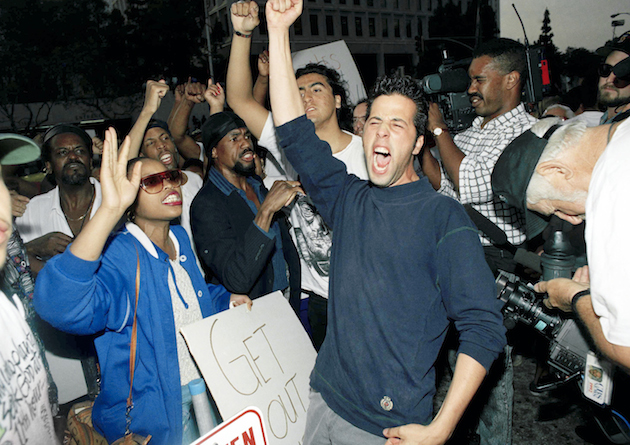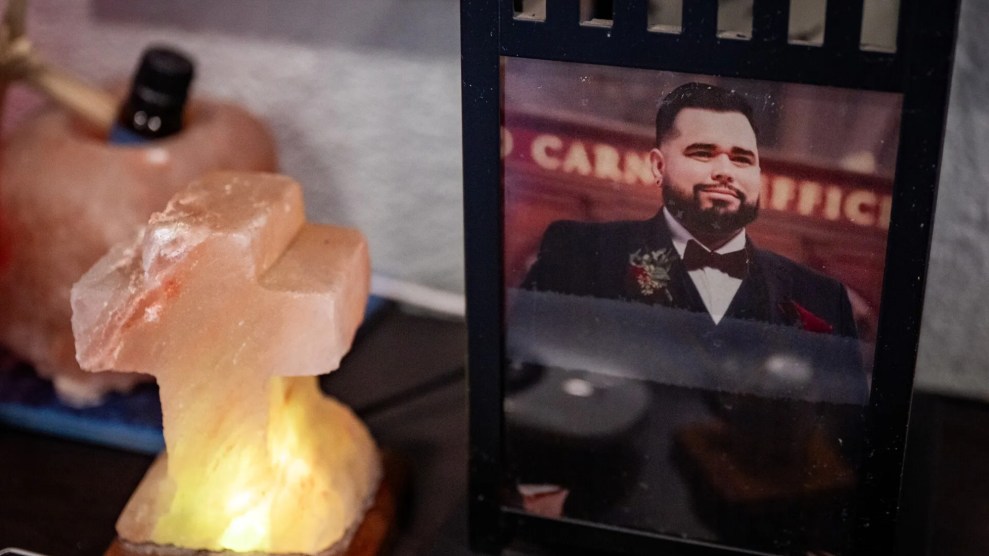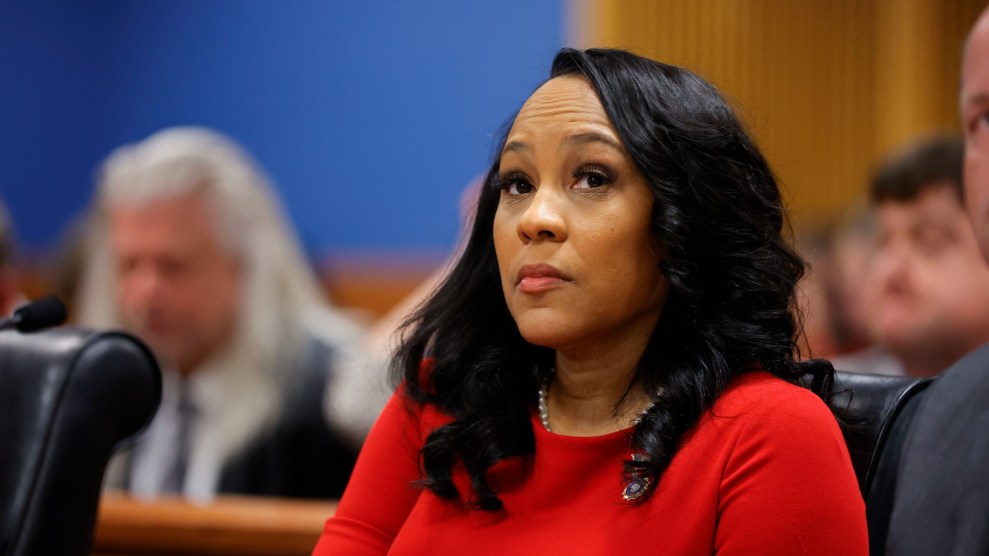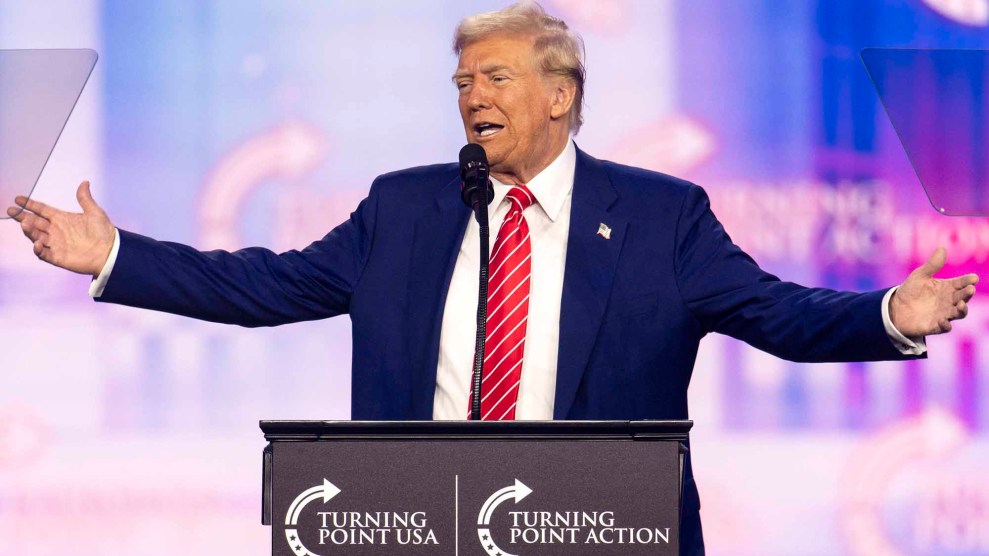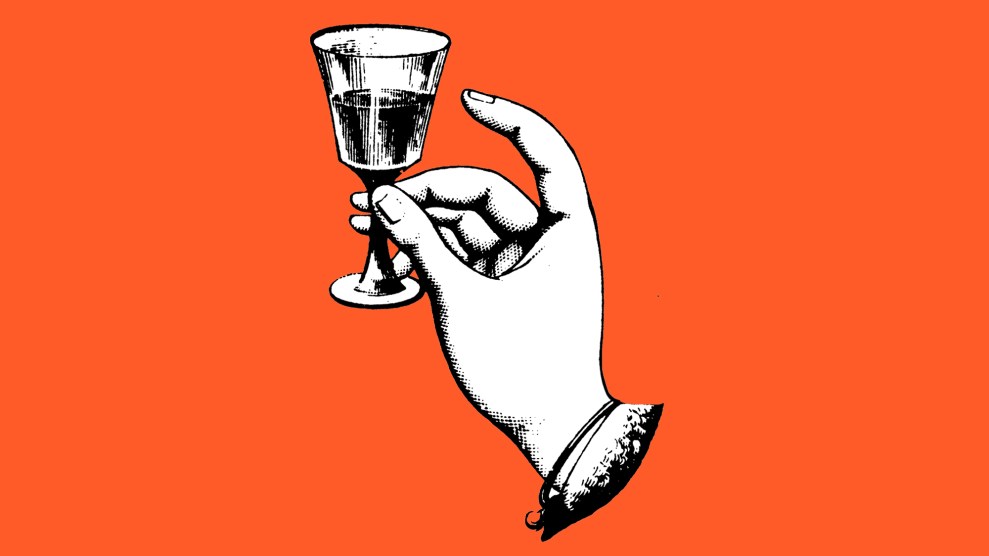
A car is set on fire during the 1992 L.A. riots.Scott Mc Kiernan/ZUMA
On April 29, 1992, Los Angeles was engulfed in flames after a jury acquitted four LAPD officers who had been charged in the beating of Rodney King, an African-American motorist. Videos and images of King’s brutalization were widely circulated, provoking an immediate call for justice. When that call went unheeded, the ensuing unrest ignited a wave of violence, death, and financial loss in America’s second-largest city. Fifty-four people were killed in the riots, nearly 12,000 were arrested, and the city incurred more than $1 billion in damages. (The following year, two of the officers were convicted in federal court of violating King’s civil rights; the other two were acquitted once again.)
The parallels between modern-day police brutality and the 1991 King beating serve as a grim reminder of how little has changed today, despite efforts to reform law enforcement. Here are four documentaries and television specials that offer a window into the enduring legacy of the King verdict:
- LA Burning: The Riots 25 Years Later
Despite being a retrospective, A&E’s special does not allow readers to retreat from the present-day, unfurling images of Michael Brown and Trayvon Martin at the start of the two-hour film. LA Burning spins through first-person recollections from a week of dark, incendiary nights in Los Angeles. The grievances and discontent of rioters are visible onscreen, and notable interviewees include George Holliday, the photographer whose video of King’s beating went viral in the pre-Internet age. The special is available to stream on A&E’s website.
- LA 92
At a midnight speech in Sacramento, California Gov. Pete Wilson (R) declares a state of emergency in LA: “This is a matter that needs to be settled in the courts and not in the streets,” he tells residents. Using archival footage, LA 92 is National Geographic Channel’s reconstructed glimpse into the turbulence roiling the city during the riots. We shuttle from images of the California National Guard on standby duty to moments of quiet calm at the First AME Church, where African-American city council member Rita Walters tells crowds, “Tonight we must tell our children one more time: Stay cool, be calm…that for African-American children and adults, freedom is not yet a reality in the United States.” The film premieres on Sunday, April 30, on National Geographic.
- The Lost Tapes: LA Riots
As conflagrations spread across Los Angeles, first responders, dispatchers, and law enforcement agents scrambled to ensure the city did not fully descend into flames. Their voices are among those highlighted in this program from the Smithsonian Channel, which stitches together raw footage and homemade videos capturing the riots at the height of their intensity—some of it rarely-seen footage. “I can smell the fires,” one resident phones into a local radio station. “I’m really angry, and I’m really very scared. I just spent the last 10 years of my life in college. But it doesn’t really matter because even with a briefcase in my hand and suit on my back, I’m still just another nigger to the cops out there.” The episode is available online.
- Burn Motherf*cker, Burn!
Showtime’s 99-minute documentary evaluates the events preceding the King beating, outlining the LAPD’s long history of systematic racism. The Sacha Jenkins film revisits the 1965 Watts riots, which were sparked by the arrest of African-American driver Marquette Frye. The six-day rebellion that followed in this largely African-American LA neighborhood killed 34 people and led to approximately 4,000 arrests. It was the costliest urban riot of its period, and it served as a precursor to the 1992 riots. The documentary also examines California’s Simi Valley, the predominantly white community to which the King trial was moved after fears of media saturation led to a venue change. No black citizens served on the Simi Valley jury that acquitted the officers. The full film is available on Showtime’s website.

